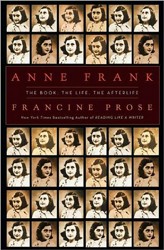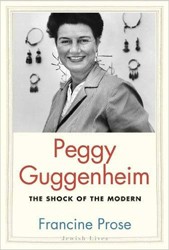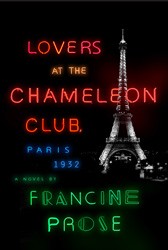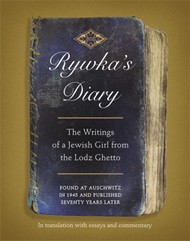Written in spare prose and infused with a touching mixture of a child’s drive for discovery and an adult’s dread of a wartime future, Helga’s Diary touches raw nerves and contains the potential to send shock waves through the oeuvre of Holocaust memoirs. Helga Weiss was an eleven-year-old schoolgirl when the Nazis first invaded Prague, and her surprisingly insightful descriptions of the brutality she witnessed toward her friends and family became the first entries in her diary.
She and her parents were sent to Terezin, the concentration camp built within the walls of an old army garrison, and then Auschwitz, and she continued to document her day-to-day experiences and relationships in words and pictures in school exercise books. The astonishing result is this firsthand account of the Holocaust, now published for the first time.
The role of primary documents in historical research can’t be overestimated — nothing gives the events more immediacy or lends them more credibility — and one more volume in this important genre of Holocaust remembrance is a significant contribution to the body of work that shores up and strengthens the documentation that grounds it firmly in history. Weiss’s drawings in particular create a stunning visual impact as they are coupled with the insights contained in her stories, poems, and entries about everyday life in a concentration camp.
Of the approximately 15,000 children sent to Terezin and deported to Auschwitz, Weiss is one of only one hundred who survived. She made her entries into the diary between the ages of ten and fourteen. Yet what looks at first like surface simplicity shows itself to be penetrating descriptions and insights. Before she was sent to Auschwitz in 1944, her uncle, also incarcerated in Terezin, hid her diary and drawings in a brick wall. He too survived, and was later able to go back and reclaim them.
In addition to an excellent introduction by a well-respected Jewish author, which gives the diary greater historical meaning, the book contains a lengthy interview with Weiss that contextualizes the material and adds a satisfying layer of interpretation over the diary entries and drawings. Author’s note, glossary, illustration credits, interview with the author, maps, translator’s note.
Linda F. Burghardt is a New York-based journalist and author who has contributed commentary, breaking news, and features to major newspapers across the U.S., in addition to having three non-fiction books published. She writes frequently on Jewish topics and is now serving as Scholar-in-Residence at the Holocaust Memorial & Tolerance Center of Nassau County.





